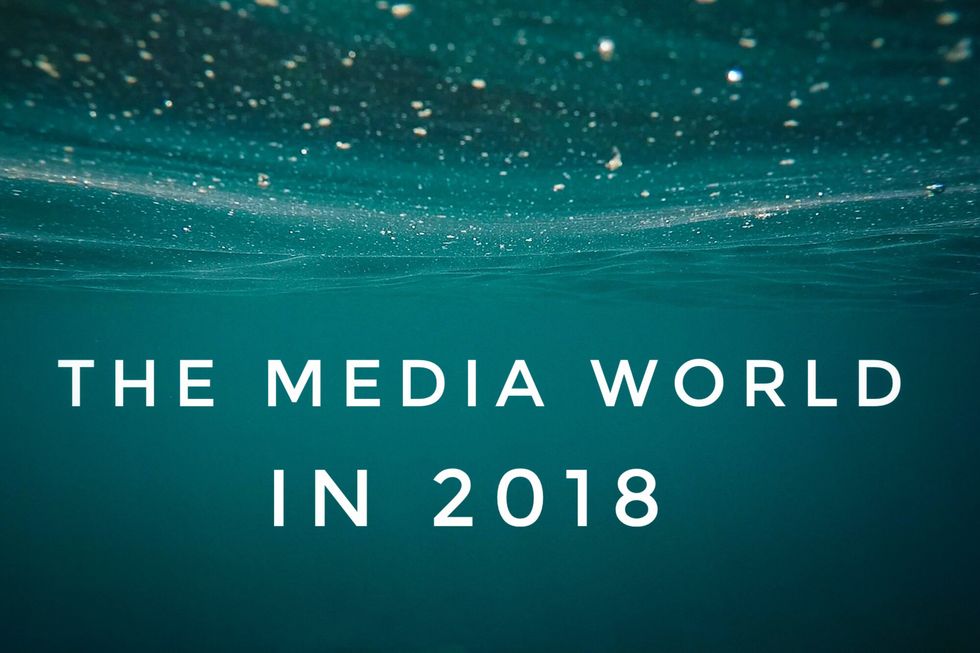The new media world in 2018 will be arguably more complex than in years past. The best way to prepare for it is to absorb lessons learned from this past year. In 2017, publishers old and new continued the uphill climb to stand out in a content-saturated ecosystem, deciphering between what their users wanted and what the duopoly (Facebook + Google) were prioritizing on their agendas. 2018 is about mastering dynamic, engaging content that is lean on tech and experience driven. Every move publishers make this year must create loyalty and recognition — the ultimate keys to success in 2018.
1. The Lean Will Rule the World
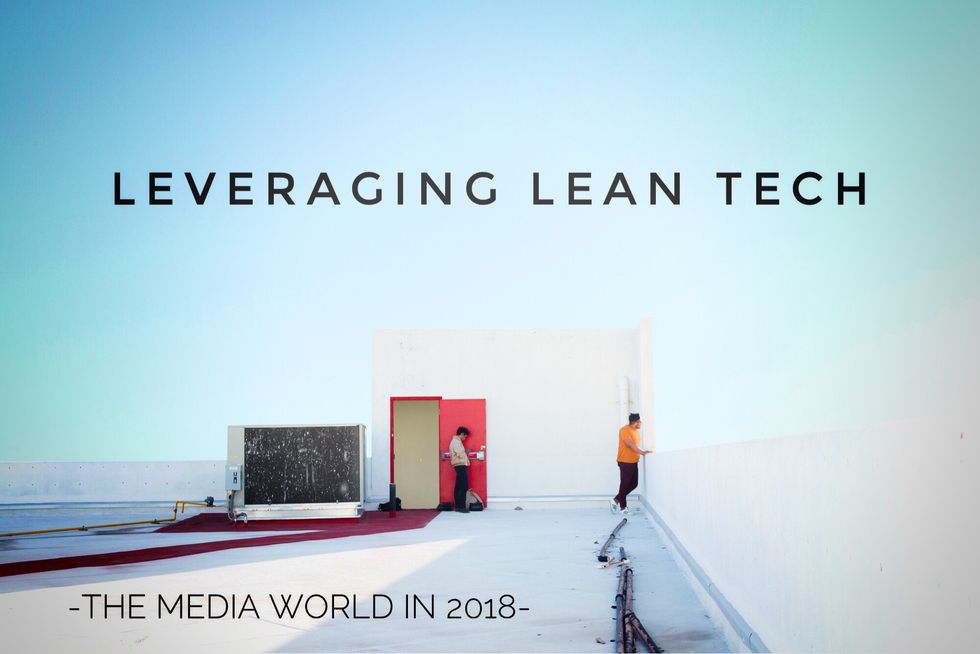
Media companies that are raising money and burning through massive amounts of cash to establish reach will find themselves feeling like it's 2001 all over again. Content that is hosted and served by Facebook will never deliver revenue equivalent to what media companies receive on their own websites. And with Facebook becoming a pillar of brand advertising, media companies are no longer the only place a brand can reach audiences at scale. Rubbing salt into the wound, Facebook's own tools to reach audiences use interest graphs built on data collected from all of the content published and interactions driven on Facebook by these media companies.
Lean media companies that don't have expensive tech teams, and have become savvy about working with community creators in fair ways, are thriving without expensive sales teams. While it's bad news for media companies that are intended to become massive, it does offer a beautiful opportunity for creators themselves to run businesses that can be financially abundant and have massive reach — if they're genuine about their content.
And there is clearly a massive opportunity for media companies that can learn to be lean in the organization of the new network of creators — a network that grows both in number of creators and in depth, talent, and dimension of the work created.
2. The Filter Bubble Is Inescapable, but You Can Play It
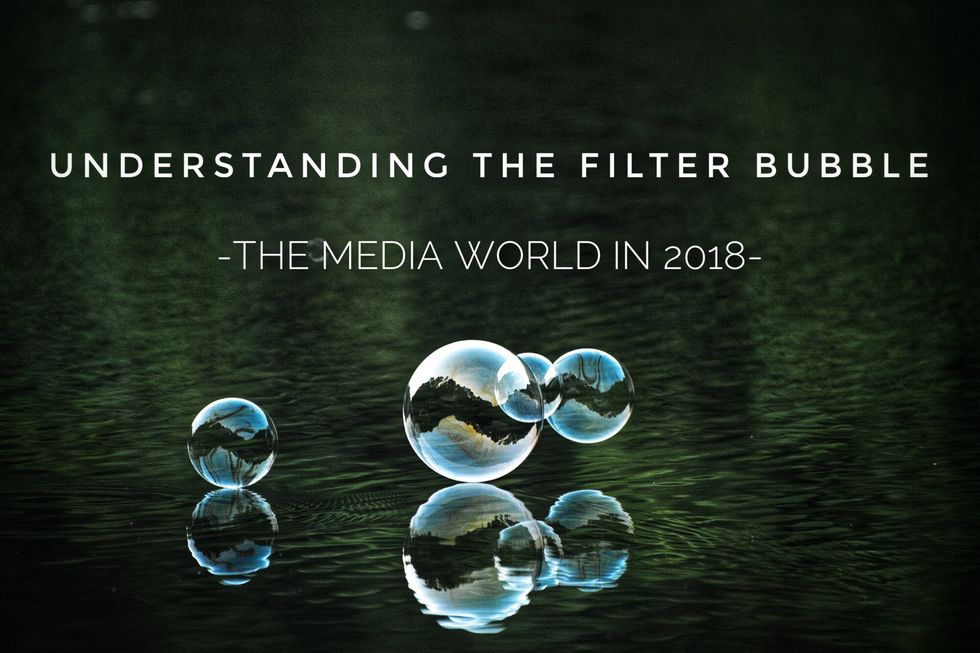
The fake news fallout surfaced the depth of Facebook's filter bubble and the strength of the algorithms to encapsulate our own worldviews so perfectly. It's something Upworthy founder Eli Pariser has warned users to be wary of as the personalized internet continues to take over, mostly unnoticed. But publishers who understand the bubble can use it to their advantage.
Media companies that are operating off of a single Facebook Page domain will find themselves staring into the night with knots in their stomach. Ironically, Facebook doesn't want to make people unhappy. But given the seemingly endless stream of cute and escapist content that fills our feeds, classic news sites that typically cover many topics will now find it impossible to cover stories that make people furious. This is because if a user blocks a post or a Page, or even just hides the "offending" content from their News Feed, that publisher is never given another chance. It's how users are able to create their own social existence based on their own comfort.
Brands that maintain their own Facebook Pages through sub brands, while offering expected streams of content that subscribers are interested in, are vital more than ever. Media companies that haven't diversified, and are tied to technology that is made up of single Page domains, will find themselves suffering greatly after every algorithm update. It's why BuzzFeed has seen such success with topic-specific channels like Tasty, Crafty, and Goodful.
Savvy media companies will use their existing assets to create new channels, and come up with the right content at the right time to create viral breakthroughs. This will lead to the creation of fundamentally important core assets that work well within Facebook's filter bubble. The micro fandom phenomenon applies to everyone now, and it's intricately linked to the filter bubble.
3. Facebook Will Continue to Take from Google
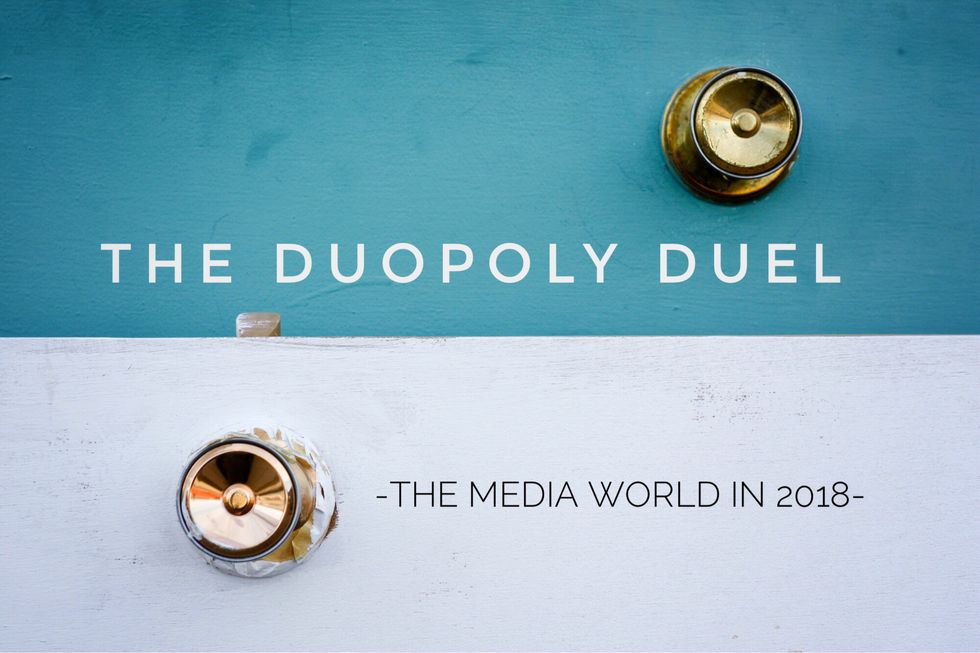
Facebook's data, content, and product is fundamentally ahead of Google's. DoubleClick for Publishers (DFP) — Google's ad serving solution — became a user experience and content nightmare that nobody could untangle in time. And now that Facebook controls the traffic pipes, and has highly sophisticated detection, analysis, and filtering algorithms, it can literally starve out the websites that use the DFP paradigm of curtains, takeovers, and intrusive experiences.
At the same time, the Facebook Audience Network is now fully at scale — delivering beautiful ad content to the people who are most likely to actually like it. It's non-offensive, and it requires no sales team to make money from it.
4. Pivot to Writing

The pivot to video wasn't totally misguided. But nobody is going to be able to monetize readable video clips that are 30–60 seconds long. So these videos have to be placed into the context of articles worth reading — where the scroll can take control and other ads can be delivered simultaneously. Video-only companies that are relying on short-form social videos are going to find it very hard to make money without the help of premium (and very expensive) sales teams. We'll see lots of these companies either go out of business or into crisis.
The smart writers of the world, who create content worth scrolling through, reading, and spending time with, are now able to deliver real revenue to media companies through Instant Articles and streamlined mobile web experiences.
5. Loyalty and Recognition Is Gold
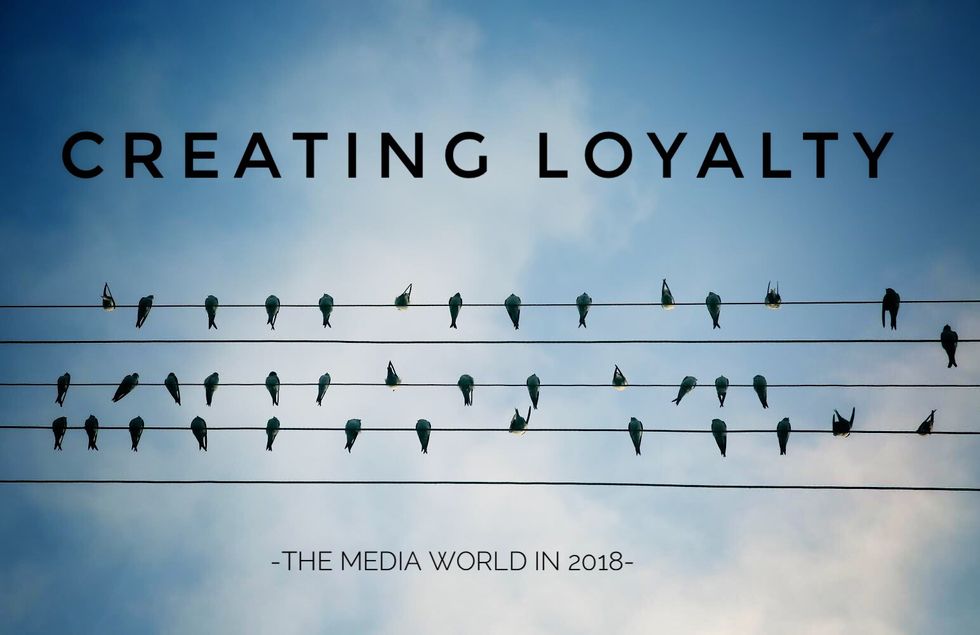
You can reach hundreds of millions of people a day and still learn that nearly nobody knows your name. Short-form, high-reach, low-impact video and distributed content is invaluable. But the brand recognition that comes from watching these videos is nearly zero. Companies that are not working to convert these moments into actual loyalty will find themselves deprived of both reach and revenue. Facebook wants to replace TV, and the only way to do that is to provide content worth watching, reading through, and coming back to. Creating loyalty has never been more important.
This means your website and domains matter more than ever. The loyalty we saw created by Axios on a website that looks, feels, and acts like a social feed has been tremendous. It will define the way websites are built in 2018.
The RebelMouse CMS
This past year, RebelMouse debuted features to help leverage reach for revenue-backed loyalty. Our Particle Accelerator turns every post into micro pieces of content, enabling you to schedule, promote, and accelerate each piece individually for expanded reach. Our game-changing Social UX layout — used by successful new media properties like Axios, and even legacy publishers like Dance Magazine — has redefined the meaning of page view.
RebelMouse clients have seen explosive growth this year. You can replatform to our CMS or start a new site anytime, and we can create something viral together. If not, you can still use our content strategy services to ensure you are optimized for growth in 2018.
